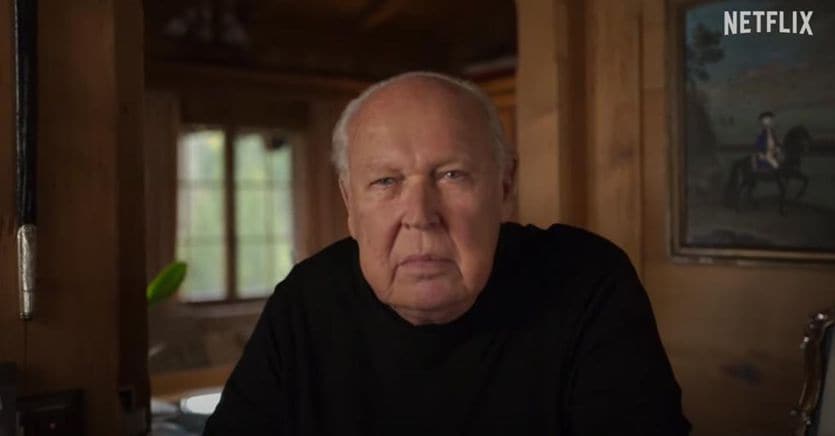Listen to the audio version of the article
It was December 22, 1943 when Benedetto Croce, discussing the future of the monarchy, declared that Vittorio Emanuele III would have to abdicate. And so is Prince Umberto. The latter’s son, also named Vittorio Emanuele, should have ascended the throne. This “young king”, just six years old, would have had the task of making “that faith and that poetry that the fathers of the Risorgimento wove around the House of Savoy” flourish again.
As you know, things went differently. That boy is now an 86-year old man and his role in history has been anything but. The docufiction The Prince tells it well, created by Beatrice Borromeo for Netflix with the collaboration of Vittorio Emanuele himself. Focused above all on the events that took place on the island of Cavallo in 1978 and on the tragic death of the young Dirk Hamer, it contains space, albeit for brief hints, for some considerations on his condition as a prince in exile, on which I intend to dwell here.
The prince in exile
Apart from very rare references to the father, it is almost always the mother who comes back in the prince’s words and memory. Also in the scene where the interview takes place, two photographs of Maria José dominate. No photo, however, of his father Umberto. One of the strongest scenes is linked to the mother, the one in which the prince gives in to uncontrollable laughter, while he recounts, almost a confidence, that his mother had told him: «You will be king» . «I never believed it …», she comments, closing with a bitter: «excuse me, but he makes me laugh».
The sudden departure from Italy and the awareness that the promise made to him by his mother was destined to remain in vain was a trauma for the very young prince. But equally – or more – was the separation of the parents, in 1947. “It is difficult to grow up alone”, the prince recounts: “I will always remember (that) my mother once said to me: ‘You know, I love you very much, but I don’t know how to express it to you”.
A «royal education
An affectivity that the prince brings back to the “iron education” that the queen had received from her father, the king of Belgium: an “education like royalty”. It is difficult to escape the sensation that for the prince his father represented – as king, but not only – the symbol of a history and a role that became increasingly difficult to manage after 1946. Yet, precisely in dealing with the millenary story of his dynasty and, above all, with its more recent pages, the prince could have built a field of dialogue with the people over which, once upon a time, he was destined to reign. On the other hand, the relationship of a prince without a throne with the history of his own dynasty can certainly not be simple. In this sense, Emanuele Filiberto’s words in the last episode of the docu-fiction are indicative, in which he declares: «my daughters… are the first, after more than a thousand years, who are free, who have no anchor to somewhere. It’s just that this anchor, unfortunately, when you take it out, it’s full of algae, it’s full of everything.’
